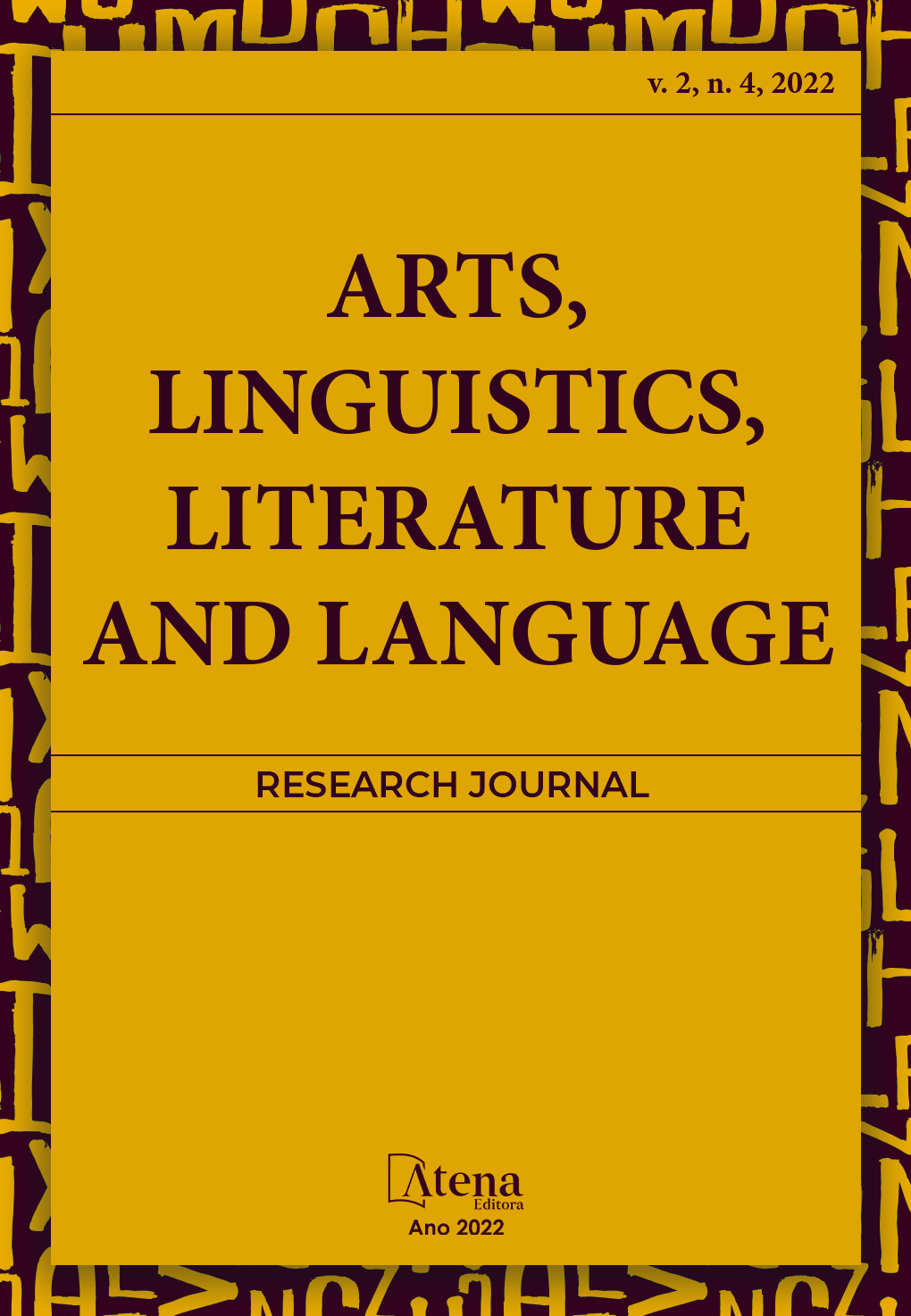
CLARICE LISPECTOR AND MOACYR SCLIAR: THE BRAZILIAN CONTEMPORARY IMAGINARY OF LITERATURE AND WRITINGS IN EXILE
This article brings together the works of Clarice Lispector and Moacyr Scliar, considering the Jewish trait and its influence on the literary choices of the two authors. Although Scliar has made his relationship with Jewish culture clear and has made literary use of this influence, Lispector only touches on elements that, however, can be traced in his texts, establishing their connection, in order to move literarily through cultural knowledge. Jewish and Christian culture. To use important research carried out by Waldman, Zilberman and others, the texts selected for our reading show the ways in which the authors' writings make up part of the contemporary imaginary that deals with exile and the textual forms.
CLARICE LISPECTOR AND MOACYR SCLIAR: THE BRAZILIAN CONTEMPORARY IMAGINARY OF LITERATURE AND WRITINGS IN EXILE
-
DOI: 10.22533/at.ed.929242212068
-
Palavras-chave: Clarice Lispector; Moacyr Scliar; Jewish culture; exile writing.
-
Keywords: Clarice Lispector; Moacyr Scliar; Jewish culture; exile writing.
-
Abstract:
This article brings together the works of Clarice Lispector and Moacyr Scliar, considering the Jewish trait and its influence on the literary choices of the two authors. Although Scliar has made his relationship with Jewish culture clear and has made literary use of this influence, Lispector only touches on elements that, however, can be traced in his texts, establishing their connection, in order to move literarily through cultural knowledge. Jewish and Christian culture. To use important research carried out by Waldman, Zilberman and others, the texts selected for our reading show the ways in which the authors' writings make up part of the contemporary imaginary that deals with exile and the textual forms.
-
Número de páginas: 15
- Lemuel de Faria Diniz
- Marta Francisco de Oliveira


